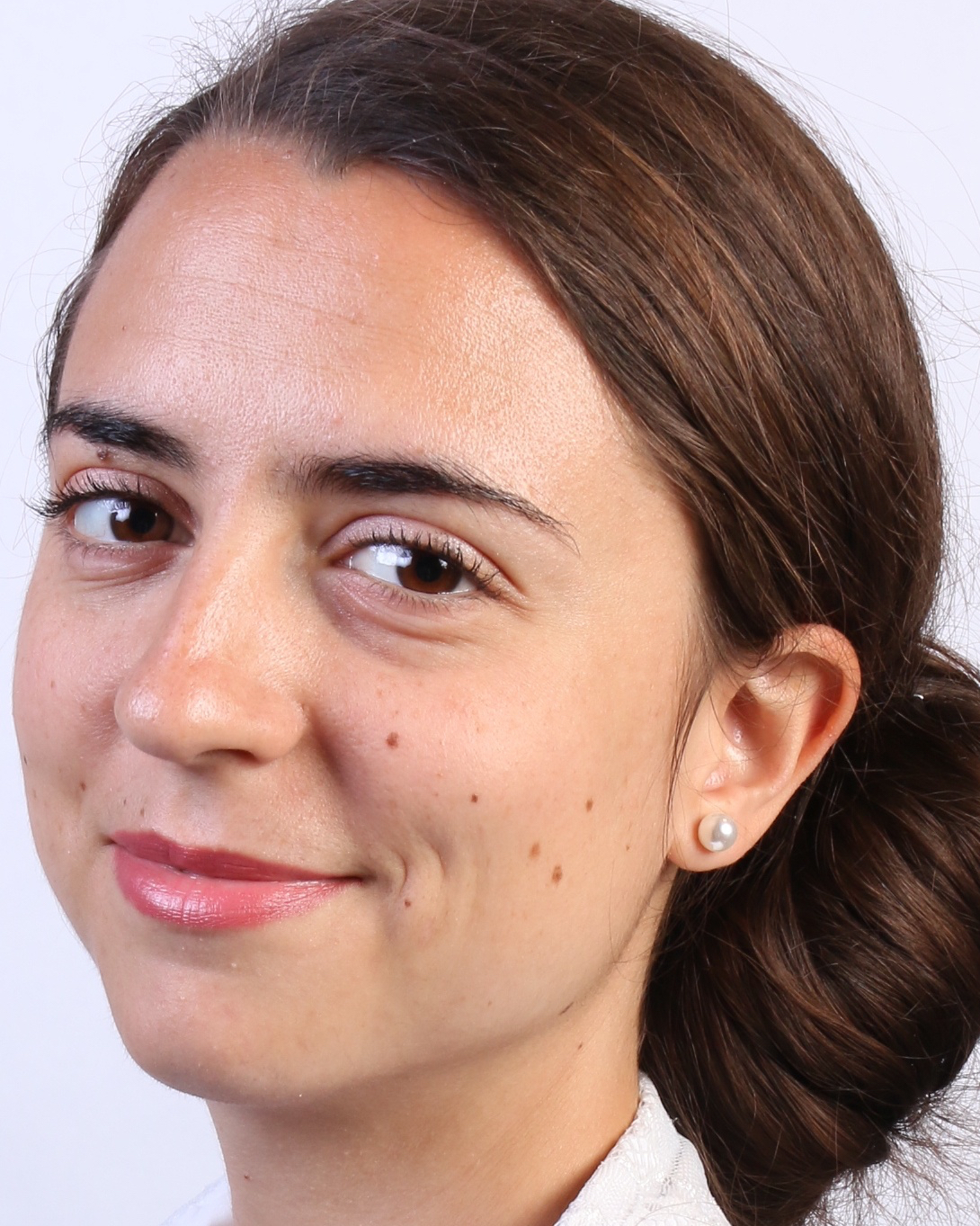Luisa Seguin

Graduate Student, Linguistics
Member, Maryland Language Science Center
1407 B Marie Mount Hall
Get Directions
Research Expertise
Semantics
Syntax
Publications
Choose me! Optionality in wh-fronting and copy deletion: Evidence for overt-covert movement in Valdôtain Patois
Silent high copies in Alpine Arpitan.
Author/Lead: Luisa SeguinIn this paper, I discuss new data on wh-movement in the Francoprovençal language Valdôtain Patois (ValPa) in support of overt-covert movement: overt movement with deletion of higher copies. wh-phrases in ValPa can either be fronted or occur clause-internally. Based on empirical evidence, I argue that ValPa clause-internal wh-phrases do not appear in-situ, but rather are displaced to the Low Left Periphery at the edge of vP. Furthermore, using evidence from intervention effects, binding, inverse scope, and parasitic gaps, I argue that clause internal wh-phrases do not remain in the Low Left Periphery, but overtly move to the position they take scope in. The different word-orders are then derived via a copy deletion mechanism, meaning that the optionality is not accounted for in narrow syntax.
Transparency and language contact: The case of Haitian Creole, French, and Fongbe
Haitian Creole supports the hypothesis that language contact leads to more transparent relations between meaning and form.
Contributor(s): Luisa SeguinWhen communicating speakers map meaning onto form. It would thus seem obvious for languages to show a one-to-one correspondence between meaning and form, but this is often not the case. This perfect mapping, i.e. transparency, is indeed continuously violated in natural languages, giving rise to zero-to-one, one-to-many, and many-to-one opaque correspondences between meaning and form. However, transparency is a mutating feature, which can be influenced by language contact. In this scenario languages tend to evolve and lose some of their opaque features, becoming more transparent. This study investigates transparency in a very specific contact situation, namely that of a creole, Haitian Creole, and its sub- and superstrate languages, Fongbe and French, within the Functional Discourse Grammar framework. We predict Haitian Creole to be more transparent than French and Fongbe and investigate twenty opacity features, divided into four categories, namely Redundancy (one-to-many), Fusion (many-to-one), Discontinuity (one meaning is split in two or more forms,) and Form-based Form (forms with no semantic counterpart: zero-to-one). The results indeed prove our prediction to be borne out: Haitian Creole only presents five opacity features out of twenty, while French presents nineteen and Fongbe nine. Furthermore, the opacity features of Haitian Creole are also present in the other two languages.
Read More about Transparency and language contact: The case of Haitian Creole, French, and Fongbe

